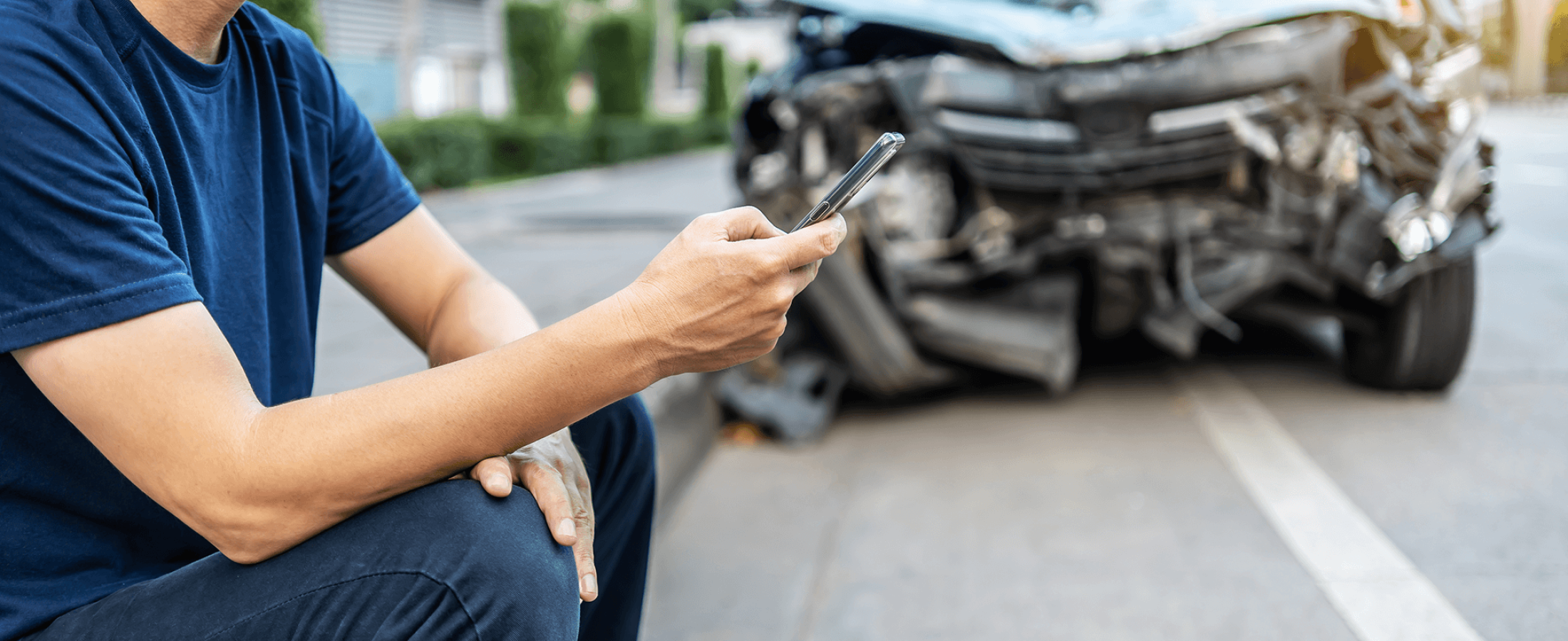
What happens if your car is totaled, and you still owe on it?
Being involved in a car accident, no matter how small, is terrifying. And when the size and consequences of a fender bender results in a “totaled” car, your feeling of dread will undoubtedly grow, especially if you still owe on a vehicle that’s no longer fit for the road. Here is a closer look at what happens when you still owe money on a totaled car.
What determines a totaled car
Sometimes it is obvious that a car is totaled and beyond repair. However, some damage cars incur during an accident can be deceiving. It may not look that bad, but if critical components are harmed and they are too expensive to repair based on the overall worth of the car, your insurance company is going to put your car out to pasture. If repairs are greater than the market value of your vehicle, you’ll need a new ride, according to Jennifer Brozic, writer for Kelley Blue Book.
“They may also declare it a total loss if it would be unsafe to drive even if you fix it. If the insurer totals your car, they will pay you the vehicle’s actual cash value (ACV). The actual cash value is how much it was worth just before the loss,” she adds.
Financial responsibility
If you are financing your car through a loan and still owe money on the loan when your vehicle is determined a total loss, unfortunately your loan is still valid and needs to be paid in full. Your insurance company will pay your claim and that money should be divided between you and your lender, your lender getting first crack at the reimbursement, according to AllState.com. If the insurance payment isn’t enough to satisfy your loan, you’ll have to come up with the money on your own.
“For instance, suppose you owe $15,000 on your car loan, but your vehicle's value has depreciated to $13,000 when it's totaled. If you have collision coverage, your insurer would reimburse you for the actual cash value of your car — in this case, $13,000. You would have to pay your lender that amount, plus the remaining $2,000 out of your own pocket,” reports AllState.com.
The only way you can avoid the out of pocket expense is if you invested in a GAP insurance policy when you financed the car, notes Brozic.
Retaining ownership
It is a possibility you can keep your totaled car, but it will cost you some money. “Insurers typically auction off totaled cars to car dealers or scrappers for parts. So, if you decide to keep a totaled car, the insurer will deduct the salvage price from your insurance settlement,” according to David Landers, writer for NOLO.com.
If you’re able to have your vehicle repaired, most likely you’ll need to apply for a salvage title, but be warned, this condition makes insurance rates higher. Selling a car with a salvage title is difficult, too, he warns. “Think carefully about whether keeping a totaled car is worth the cost and potential headaches,” he adds.
It can be overwhelming to deal with the consequences of an accident and a totaled car, so don’t hesitate to seek advice from a lawyer who specializes in car accidents, suggests Landers.
By working with your insurance company, lender, and a car accident attorney, you can navigate the remaining time and cost of your loan for your totaled car.
The information in this article was obtained from various sources not associated with Adirondack Bank. While we believe it to be reliable and accurate, we do not warrant the accuracy or reliability of the information. Adirondack Bank is not responsible for, and does not endorse or approve, either implicitly or explicitly, the information provided or the content of any third-party sites that might be hyperlinked from this page. The information is not intended to replace manuals, instructions or information provided by a manufacturer or the advice of a qualified professional, or to affect coverage under any applicable insurance policy. These suggestions are not a complete list of every loss control measure. Adirondack Bank makes no guarantees of results from use of this information.
Source: IMakeNews, Inc.

